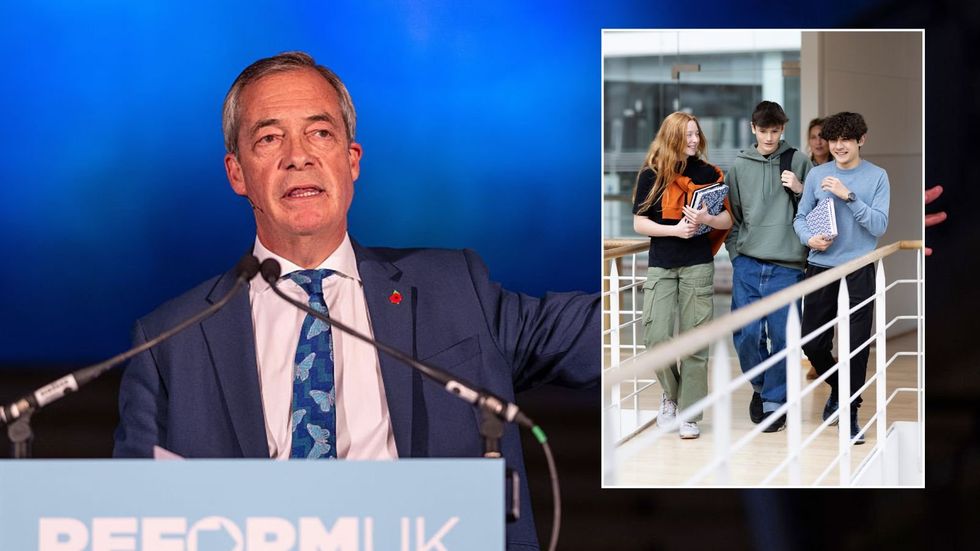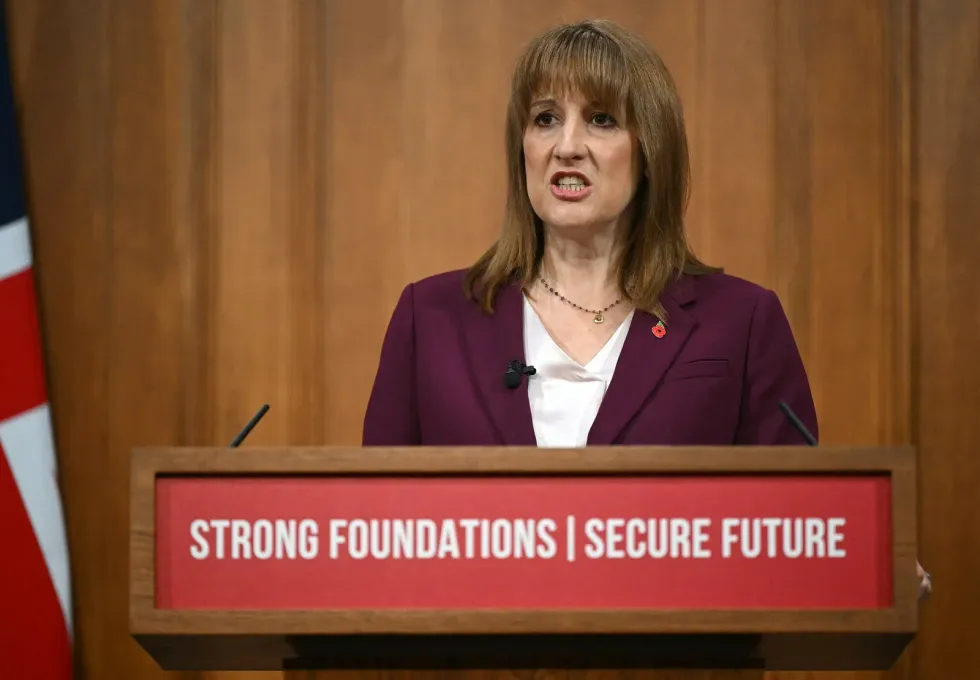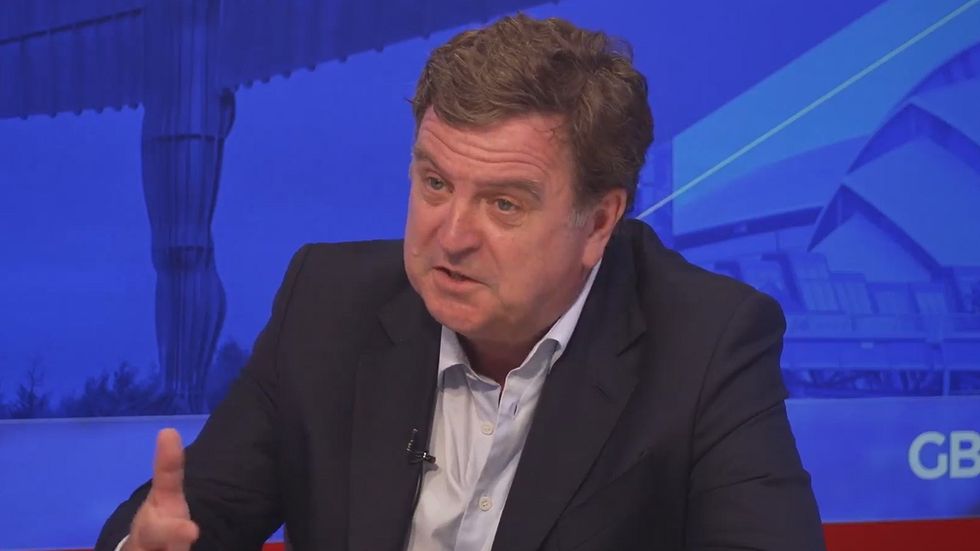Nigel Farage has suggested that the minimum wage for younger workers may be set at too high a level, indicating businesses face growing cost pressures.
The remarks came during a press conference where Mr Farage outlined his party’s economic proposals.
Speaking to journalists in the City of London on Monday, Nigel Farage said: “There’s an argument that minimum wage is too high for younger workers, particularly given that we’ve lowered the level at which NIC [employers’ national insurance] is paid to £5,000 a year.”
He said that Reform UK is aiming to become “the most pro-business, the most pro-entrepreneurship government that has been seen in this country in modern times.”
He suggested employers faced a choice between adjusting wage levels for younger workers or raising the national insurance contribution threshold.
Mr Farage said recent tax changes had increased pressure on firms.
He highlighted Chancellor Rachel Reeves’s decision in the latest Budget to lower the threshold for employer national insurance contributions from £9,100 to £5,000 annually.
This change means businesses must pay national insurance on a larger share of employees’ wages.
The Reform UK leader argued that combining this tax burden with current minimum wage levels creates an unsustainable situation for employers.
He said: “Do one or the other – either lift the cap at which NI is due, or lower the minimum wage for younger workers.”

The hourly minimum wage system in Britain is tiered by age, which was increased by Rachel Reeves in April.
Workers aged 21 and above receive £12.21 per hour, while those aged 18 to 20 earn £10.
Younger workers under 18 and apprentices both receive £7.55 per hour.
These figures, which rise each April, have increased significantly in recent years.
The adult rate rose from £11.44 to £12.21 in April 2024, a 6.7 per cent increase.
The rate for 18 to 20 year olds increased by over 16 per cent from £8.60 to £10 per hour.
LATEST DEVELOPMENTS
- Rachel Reeves told ‘tax rises of £26billion are likely needed’ in pre-Budget blow
- State pensioners could claim £70 off supermarket shop this week – are you eligible?
- Full list of ‘brutal’ tax rises on the table as Rachel Reeves prepares ‘painful’ Budget

For apprentices, the £7.55 rate applies to those under 19 or those in their first apprenticeship year.
Once apprentices aged 19 or above complete their first year, they receive the minimum wage rate for their age group.
Reform UK’s deputy leader Richard Tice defended the suggestion during an LBC interview.
“If it means that young people are priced out of work because the minimum wage for young people has been increased too far, you’ve got to be willing to look at it.”
When asked for specific figures, Mr Tice did not name a proposed wage level.
He said: “We will make work pay.”
Portsmouth’s Reform UK representative Councillor George Madgwick also backed the argument.
He said: “Young people are being harmed by this increase in national wage.”
He claimed his former employer shifted recruitment away from younger staff after wage rises.
He said: “The mentality from the boardroom was, we now shift from employing 18, 19, 20 year olds to people that are older.
“Politicians need to start being honest with the general population – we need to be having these difficult conversations.”
The Conservative Party criticised the comments.

Shadow Chancellor Sir Mel Stride said: “After this rambling, incoherent speech, it is clear Reform’s economy policy is in chaos.”
Sir Mel said the party’s “promises disintegrate after five minutes.”
Mr Farage acknowledged that “substantial tax cuts, given the dire state of debt and our finances, are not realistic at this current moment in time.”
He described previous pledges, including a plan to raise the income tax threshold to £20,000 and abolish stamp duty on properties below £750,000, as “only ever aspirations.”
Our Standards:
The GB News Editorial Charter







Follow